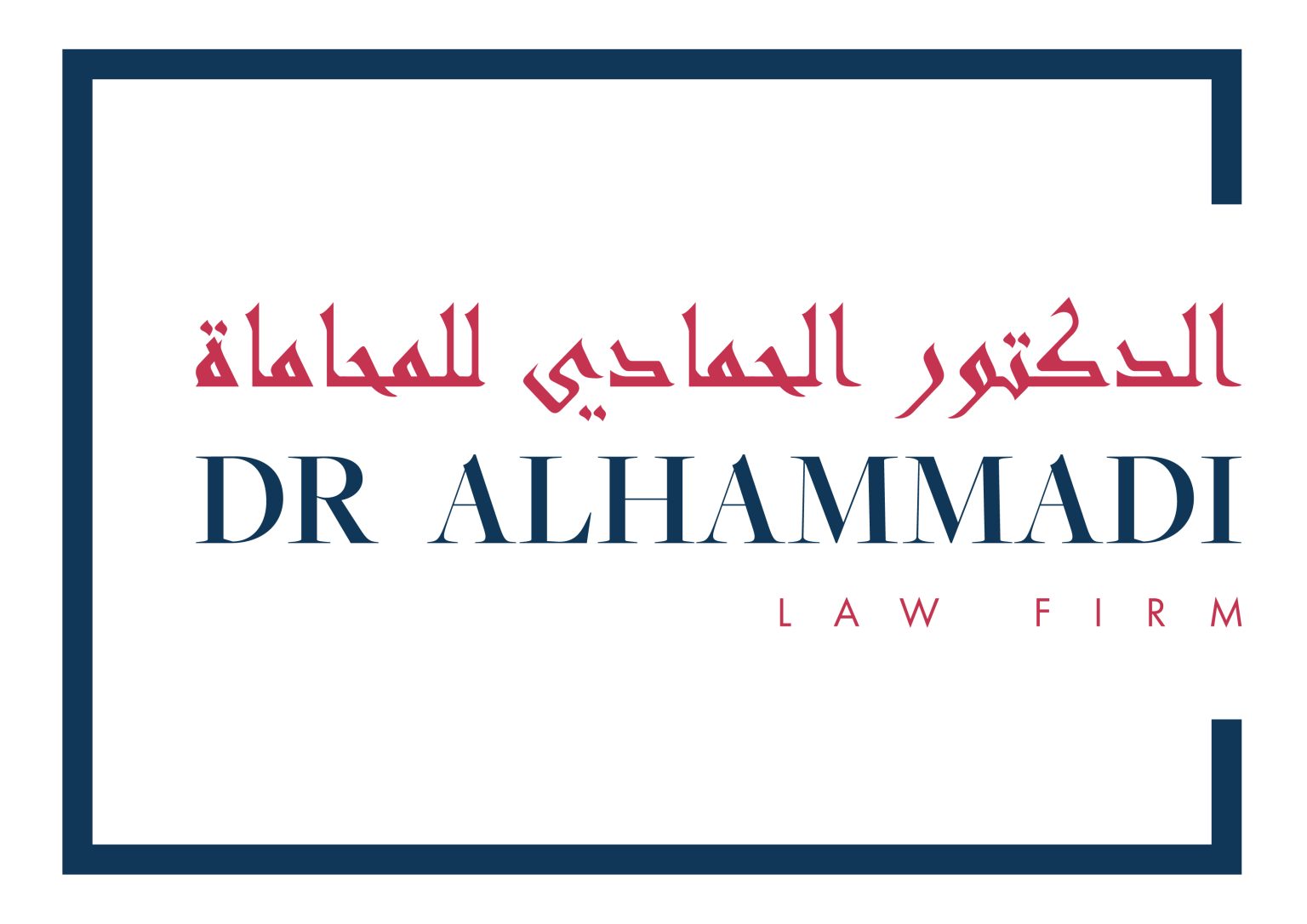When navigating financial transactions or securing funds for business or personal dealings in Dubai, terms such as trust accounts and escrow accounts often arise. Both options provide secure ways to manage funds, yet they serve distinct purposes. Understanding their differences and similarities is essential for choosing the right solution for your needs.
What is a Trust Account?
A trust account is a fiduciary arrangement where a trustee holds and manages funds on behalf of a beneficiary. Commonly used in estate planning, real estate transactions, or for managing business assets, trust accounts are governed by strict legal frameworks. Trustees have a legal obligation to act in the best interest of the beneficiaries, offering financial security and peace of mind.
For example, trust accounts are often utilized to manage inheritance funds or to oversee property-related transactions in Dubai. This type of account provides flexibility in managing disbursements according to the terms set by the parties involved.
What is an Escrow Account?
An escrow account, on the other hand, is a neutral holding account managed by an escrow agent or lawyer. It temporarily holds funds, documents, or assets until specific conditions of an agreement are met. Escrow accounts are widely used in Dubai for real estate transactions, gold trading, cryptocurrency deals, and mergers and acquisitions.
Escrow lawyers play a crucial role in overseeing the terms of the agreement and releasing the funds or assets only when both parties fulfill their contractual obligations. Escrow accounts offer a layer of protection, particularly in high-value transactions.
Key Differences Between Trust and Escrow Accounts
- Purpose and Scope
- Trust Account: Designed for long-term asset management, often involving a fiduciary relationship.
- Escrow Account: Used for short-term holding of funds or assets to facilitate specific transactions.
- Role of the Manager
- Trust Account: Managed by a trustee with a fiduciary duty to act in the beneficiary’s best interest.
- Escrow Account: Managed by an escrow agent or lawyer who acts as a neutral third party.
- Duration
- Trust Account: Can exist indefinitely, depending on the terms of the trust.
- Escrow Account: Typically exists until the conditions of the agreement are met.
- Legal Framework
- Trust Account: Requires a trust deed and is governed by trust laws.
- Escrow Account: Operates under the terms of an escrow agreement, often involving escrow lawyers.
Similarities Between Trust and Escrow Accounts
- Security of Funds: Both trust and escrow accounts provide secure environments for holding funds, offering protection against misuse.
- Third-Party Management: In both cases, a third party (trustee or escrow agent) is responsible for managing the funds, reducing the risk of fraud or disputes.
- Transparency
Both accounts involve clear documentation and terms, making them reliable for individuals and businesses in Dubai.
Choosing the Right Account in Dubai
The decision between a trust account and an escrow account depends on the nature of your transaction. For instance:
- Trust Accounts are ideal for estate planning, business asset management, or long-term financial arrangements.
- Escrow Accounts are more suitable for high-value transactions such as real estate purchases, international trade, or cryptocurrency exchanges.
Working with experienced escrow lawyers in Dubai, such as those at Dr. Alhammadi Law Firm, can help you navigate the complexities of escrow agreements. With expertise in managing escrow accounts for real estate, gold trading, and cryptocurrency transactions, our firm provides tailored solutions for clients across various industries.
Conclusion
While trust accounts and escrow accounts share some similarities, they cater to different financial needs. Trust accounts focus on long-term management and fiduciary relationships, whereas escrow accounts are designed for secure, short-term transactions. Whether you’re planning an estate or conducting a high-stakes business deal in Dubai, understanding these differences is crucial for safeguarding your funds.
For expert guidance on escrow services in Dubai, contact Dr. Alhammadi Law Firm today. Our experienced escrow lawyers specialize in secure, efficient, and transparent solutions for all your transactional needs.
Dr. Mohamed Alhammadi Advocates & Legal Consultants Office provides escrow and/or paymaster services only where such services are ancillary and wholly incidental to the provision of legal services.


